Los Angeles real estate has found itself at a critical crossroads on this year’s General Election ballot, and the boxes you check have the power to make or break the future for any property owner, investor, retailer, renter — you name it. Before you send in your decisions or head to the polls, Founding Partners F. Ron Smith & David Berg wanted to ensure you’re aware of the gravity of Measure ULA (United to House LA), otherwise known as the “mega-mansion tax” — the largest property tax hike in LA history.
Below, we’ve laid it all out in layman’s terms and deeply encourage you to join us in VOTING NO on November 8. Be sure to share this article with your friends and family, and if you have any questions whatsoever, send us an email at [email protected] so we can walk you through it.
What exactly is Measure ULA?
Back in June, the LA City Council approved a ballot measure that would put an additional 4% tax on the sale/transfer of residential and commercial properties between $5 million and $10 million, and an additional 5.5% tax on the sale/transfer of properties $10 million and up. Keep in mind these rates are both up from the current 0.56% combined City and County tax rate. That would be a massive jump, representing the largest property tax increase ever in Los Angeles.
The measure would create a “House LA” fund within the city treasury to address housing availability at certain income thresholds and prevent homelessness, and will also create a Citizens Oversight Committee “tasked with developing funding guidelines, assessing project needs and auditing expenditures.”
If you read between the lines, you’ll realize the measure doesn’t put forth a specific plan on how the money will be used at all — nor does it mandate the money be used exclusively for the unhoused.
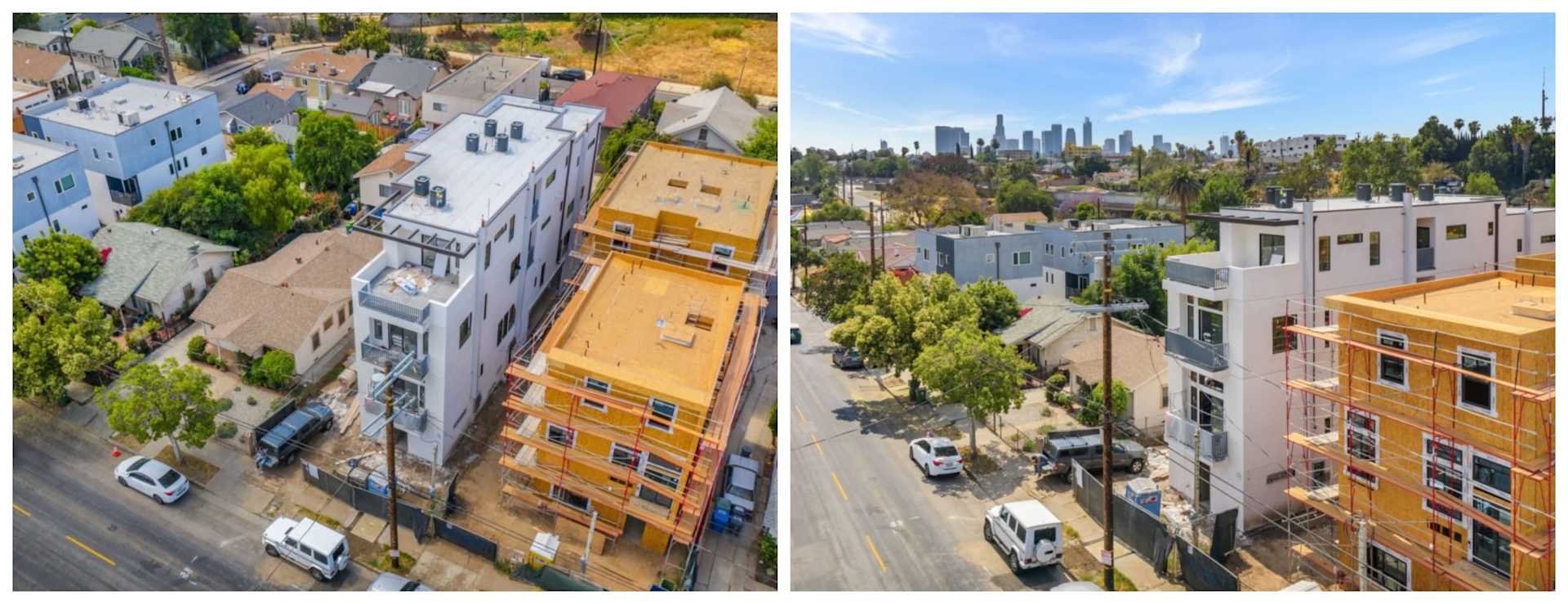
What are the main problems we should be aware of?
We ALL want to solve the homelessness crisis, but Measure ULA is the wrong approach. Here are the key reasons why:
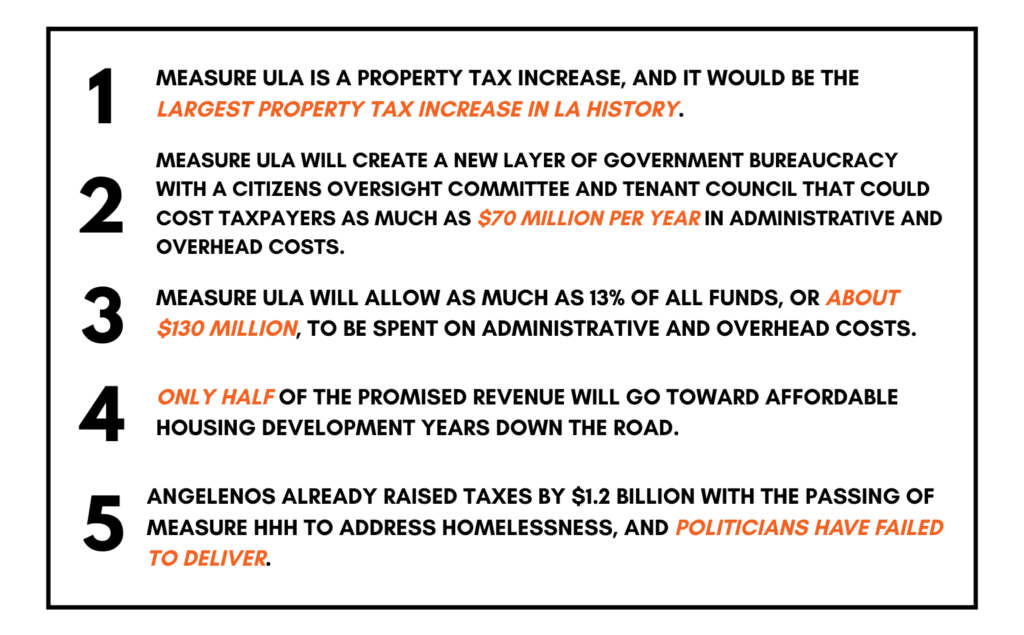
Even Reverend Andy Bales, who runs one of the city’s largest homeless shelters on skid row, said to the LA Times, “Why would we raise more money and tax people on the sale of the property…when we have failed to address homelessness with the billions that have come before?”
Los Angeles mayoral candidates Rick Caruso and Karen Bass have likewise expressed their concerns with the hazy measure. “While I would support the idea of a dedicated revenue stream for homeless housing and services, I believe we must first demonstrate to the public they can trust the government to utilize these funds effectively and efficiently,” Rick Caruso told the LA Times. Spokesperson for Karen Bass also shared with the LA Times that the congresswoman’s top priority is to ensure “the $1 billion the city is already spending on homelessness every year is spent as effectively and efficiently as possible.”
Simply put, this measure was not thoughtfully considered, thus it provides no true game plan for solving the unhoused issue. The only “plan” at hand is to tax homeowners and income property owners at the time of sale. That’s it. Again, we’re in full support of a specific proposal to help solve LA’s housing crisis, but this measure is not that.
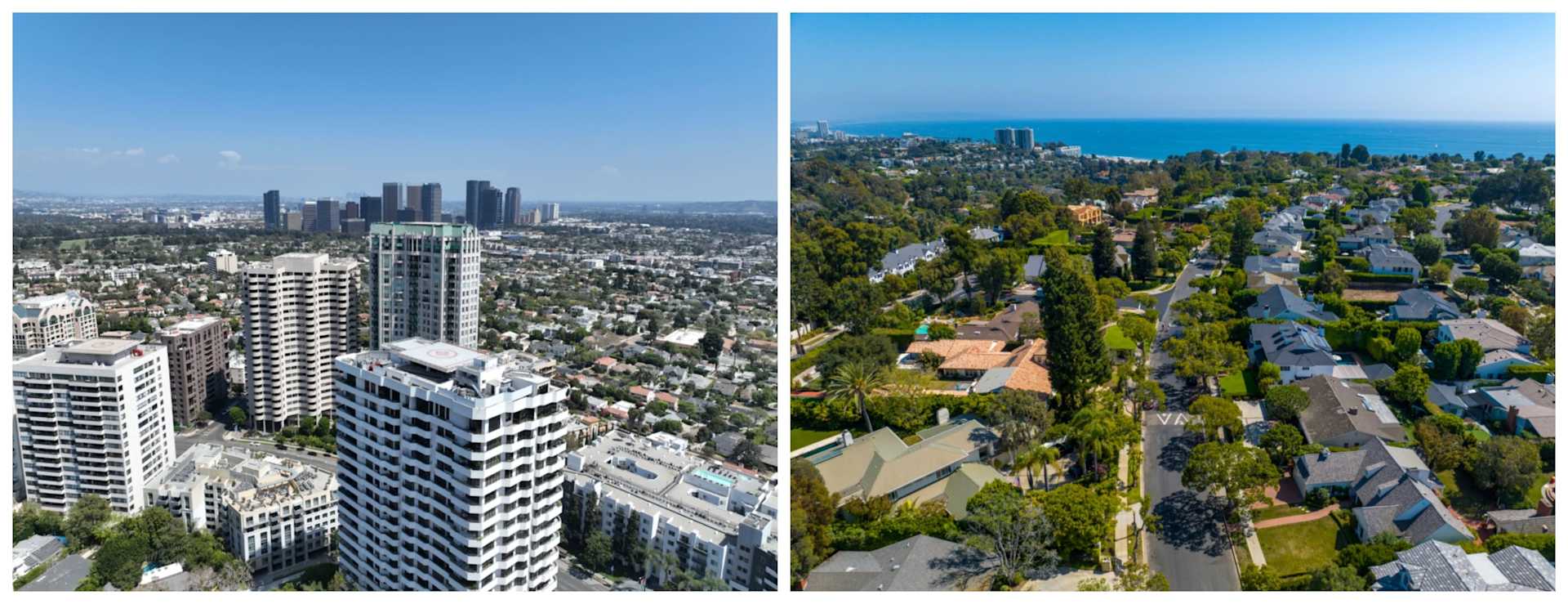
If Measure ULA is passed on November 8th, what can we expect?
One of the biggest issues with this so-called “solution” is that no one goes unaffected. Think of it like this — nearly 75% of the tax will come from owners of apartment and commercial properties, which means landlords will demand higher rents and retailers will have to increase prices for essentials like food and clothing. In summary, this measure doesn’t only present a threat to high-end properties. It will negatively impact the entire real estate market at large and all of those directly involved, from architects to construction workers to Realtors®.
SCENARIOS
Now let’s paint the picture for a property owner. Say an LA resident purchases a property for $4.5 million and later sells it in an appreciating market for $5 million. Before Measure ULA, the homeowner would stand to make about a $200,000 profit after deducting closing costs of about 6%. However, if this measure passes, the owner would have to pay an additional Measure ULA tax of $200,000 and will thus break even — despite selling their home for $500,000 more than the original purchase price.
On the opposite end, let’s say an LA resident purchases a property for $6 million and sells it in a depreciating market for $5.5 million. In addition to a $500,000 loss on the sale, the homeowner would be required to pay an additional Measure ULA tax of $220,000 plus closing costs of about 6%. This would bring the homeowners total loss from the sale to $1,050,000.
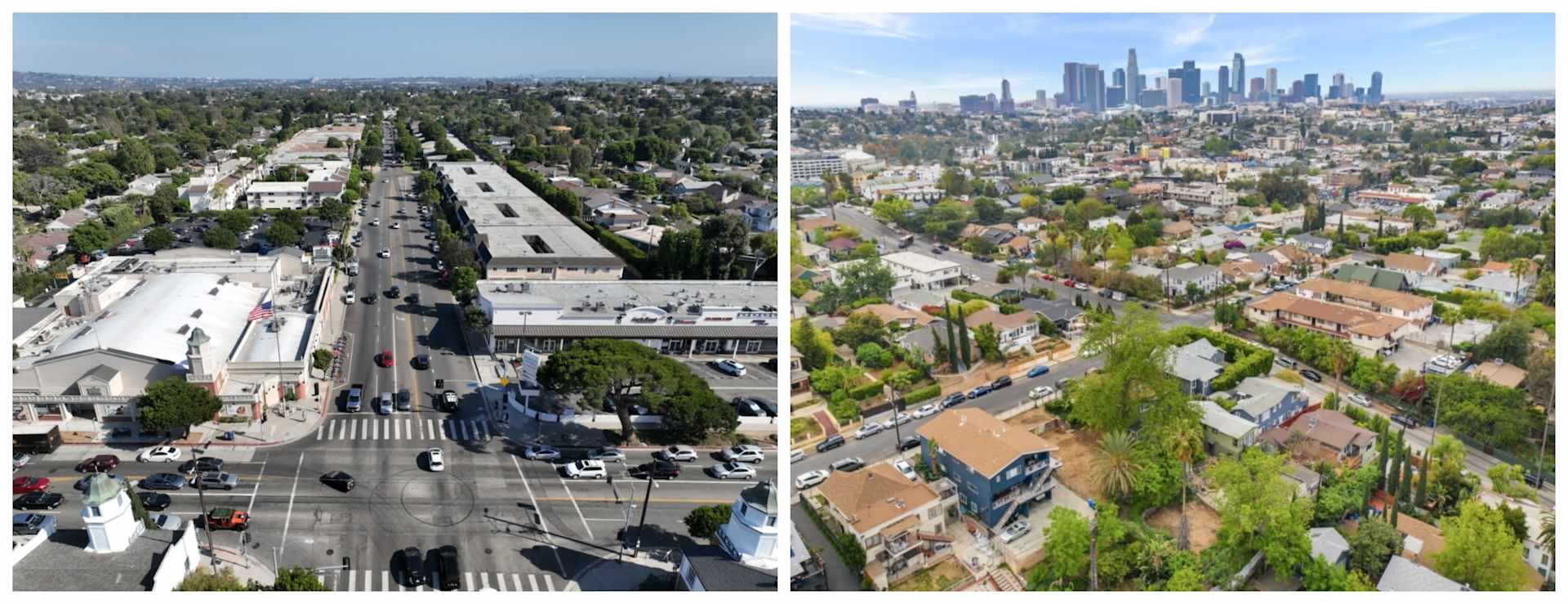
We don’t want to leave out developers, because with the current low inventory market, adding additional units to the housing supply is vital to the health and growth of our city. We won’t run you through the nitty gritty here, but let’s just say that if this measure passes real estate development would likely be impacted significantly. Simply put, it may not make sense for developers to develop here, leading to uncertainty for us all.
Not only that, Measure ULA doesn’t take into account profit and loss from the sale of the property — just the gross sale/transfer price. If a homeowner is already losing money on the sale, this measure will increase that loss by a minimum of $200,000. These are no small fees, folks! It’s also very important to keep in mind that this new measure doesn’t put an age cap on the homeowner and thus leaves elderly individuals vulnerable to a difficult financial situation when they might be past retirement age and/or on a fixed income.
What can we do to prevent this from becoming our reality?
VOTE NO ON NOVEMBER 8: If Measure ULA passes in the general election, Los Angeles’ real estate landscape will take a turn for the worse — but we have the power to prevent that. Get out and make your voice heard.
SHARE THIS INFORMATION: This affects us all, so please share this article with anyone who CAN vote. Here is a link that you can text or email to friends, family, community groups, etc. Copy and paste to share: bit.ly/NO-MEASURE-ULA.
ADDITIONAL QUESTIONS: We’d love to speak with you further about this and can even provide insight as to how this will affect you, your business or your family directly if the measure passes. Email us at team@smithandberg or call 310.500.3931 today.
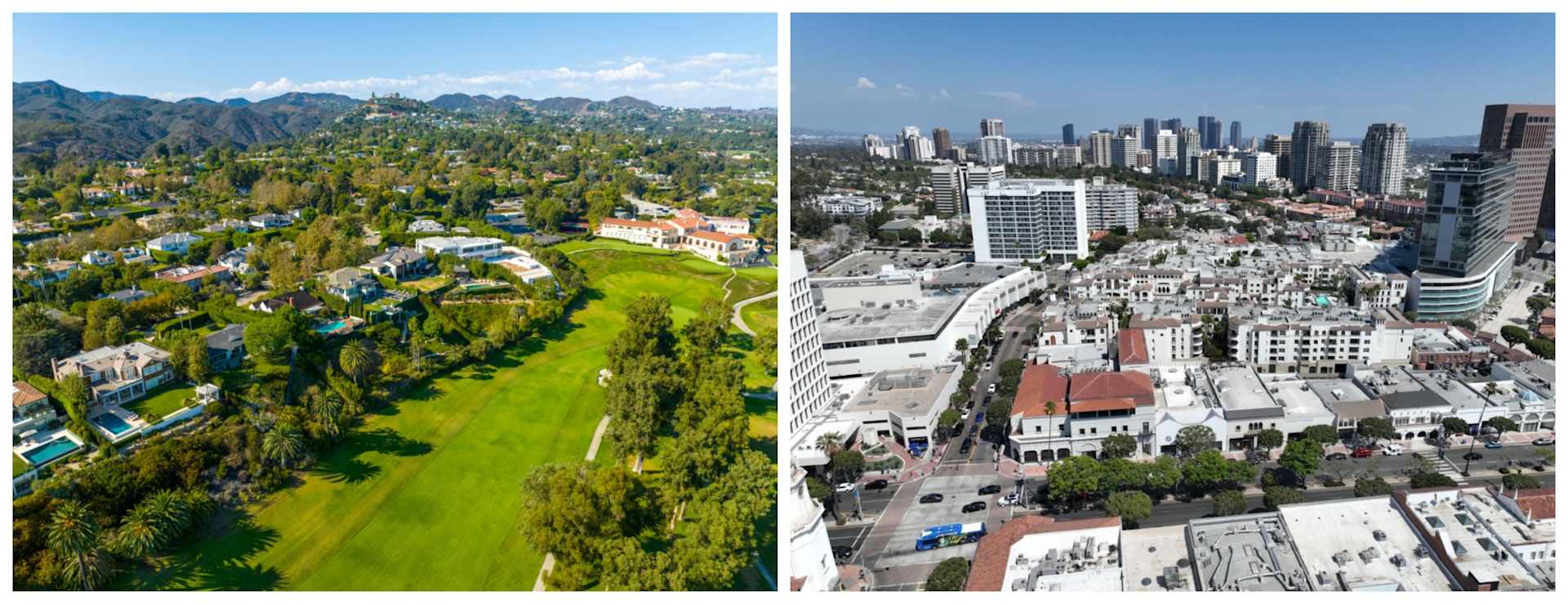
For same-day voting on November 8, find your nearest polling place here.
We aren’t telling you HOW to vote, but rather providing information that we feel is important to our community. Whatever your position is, we hope you get out there and ensure your voice is heard.